For houseplants, consider using natural options like neem oil or insecticidal soap for pest control. These are effective and safer for indoor use. Chemical options containing pyrethrins or synthetic chemicals are also available but require careful application and consideration for indoor air quality. Always follow the product label instructions for what is the best insecticide for houseplants.
Imagine your blossoming love for houseplants transforming your home into a cozy green space, but also attracting uninvited guests – insects! Fear not, because the solution is at your fingertips. This write-up about “Discovering the Best Insecticide for Houseplants” is a handy guide to finding the cream of the crop in insecticides, specifically formulated for your darling greens. With advice that is practical, easily adaptable, this guide takes care of your plant protection concerns and leaves no room for burdensome pests.
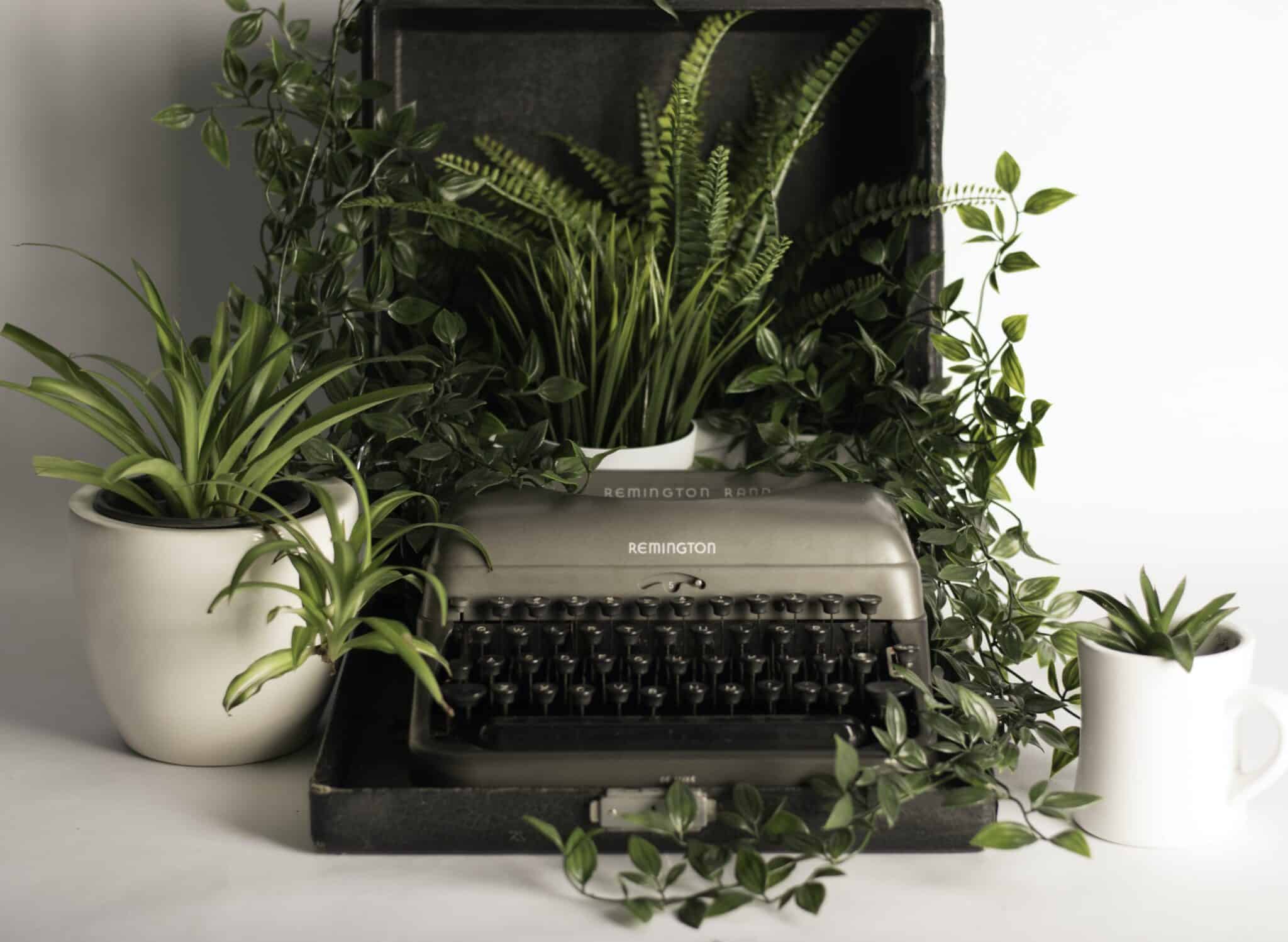
Understanding the Need for Insecticides
Maintaining the health and beauty of your houseplants isn’t always a clear-cut task. One of the vital aspects to be aware of is an insect infestation, something that can sadly afflict even the most carefully nurtured plants. What’s more, there could be grave consequences if you ignore these infestations.
Recognizing signs of plant infestation
Insects feed on the sap of plants, hindering their overall growth and vitality. Your plant’s appearance can provide cues to indicate an infestation. Look out for wilting, pale color, curling or yellowing of leaves, or a decrease in plant vigor. If you notice your plant looking sickly or less luscious than usual, there are chances it is hosting unwanted guests.
Implications of failing to address infestations
Neglecting a plant infestation can lead to serious consequences. Pests, if left unchecked, can lead to a decline in plant health, eventually even causing the plant to die. Your beautiful houseplant can turn yellow, lackluster, and shriveled up, losing its aesthetic appeal and health benefits.
Preventive measures against insects
Prevention is always better than cure. Clipping away infected areas, regularly monitoring your plant’s health, and maintaining a periodically cleaned environment can deter bugs. However, when these measures fall short, insecticides come into play.
Basics of Insecticides
Broadly, insecticides aim to help you manage and control pests, ensuring they do not harm your plants.
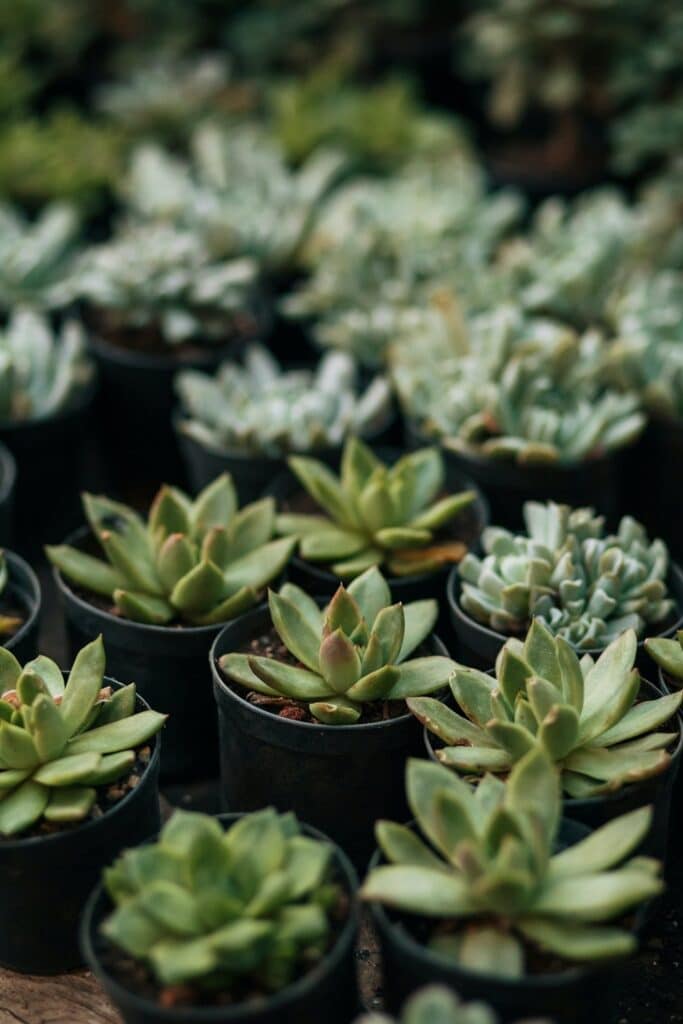
Chemical vs organic insecticides
Chemical insecticides are effective but may harm the environment along with some beneficial insects. On the other hand, organic insecticides made from natural sources can also control pests effectively while being eco-friendly and often safer for use around humans and pets.
Different types of houseplant insecticides
Insecticides come in various types – from contact insecticides which kill pests on direct contact, to systemic insecticides that are absorbed by the plant and released over time. Choosing the right one depends on your specific needs and type of infestation.
How insecticides work
Insecticides contain compounds that are toxic to insects, effectively controlling and killing off populations. Depending on the type, they can be aimed at disrupting the insect’s lifecycle, inhibiting its ability to feed, or causing pure toxicity.

Top Rated Chemical Insecticides
In the world of houseplant care, some chemical insecticides come highly recommended to understand what is the best insecticide for houseplants.
Overview of popular chemical insecticides
Well-known names in the arena of chemical insecticides are Orthene, Sevin, Malathion, and Pyrethroids. These have distinguished themselves for their high effectiveness in curbing many common insect infestations.
Pros and Cons of chemical insecticides
Chemical insecticides are potent and fast-acting, providing instant relief from pests. However, they can be harmful if improperly handled or if exposure is high which makes using them cautiously very important.
How to use these insecticides safely
Ensure to use chemical insecticides as directed. Always wear protective gloves and eye gear, and apply only in well-ventilated areas or outdoors. Never overuse or mix different insecticides, and always wash your hands thoroughly after use.
Best Natural or Organic Insecticides
To those who prefer nature-friendly options, organic insecticides are the answer to plant insect infestations.
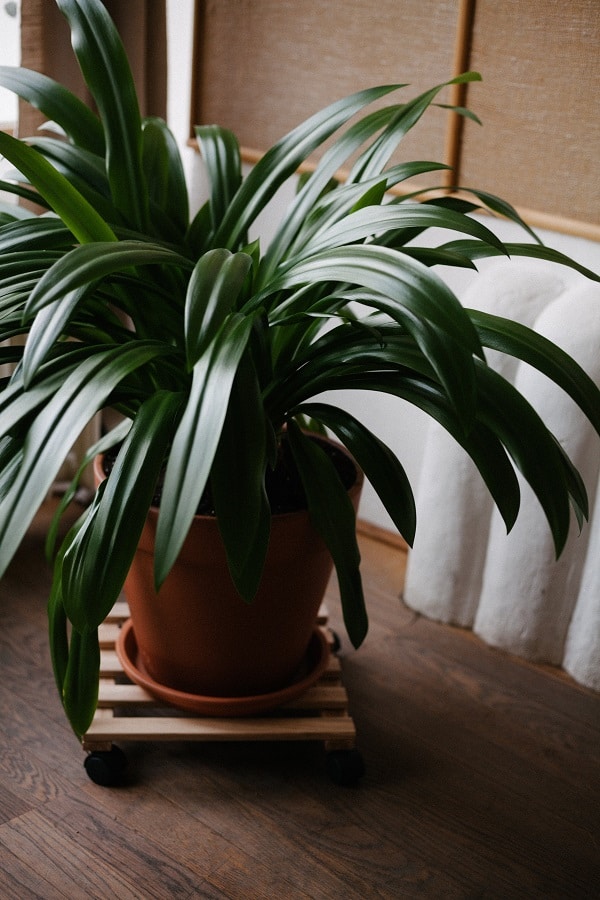
Introduction to organic insect control
Organic insecticides are derived from naturally occurring sources such as plants, minerals, or bacteria. Some popular natural approaches include insecticide soaps, horticultural oils, and bio-insecticides.
Benefits of using organic insecticides
Besides being eco-friendly, these insecticides are generally safer for humans and pets. They are less likely to cause resistance in pests and contribute to a healthier ecosystem. They also help maintain beneficial insects, critical to the balance of your home garden environment.
Examples of effective natural remedies
Neem oil, diatomaceous earth, and insecticidal soaps are some common natural insecticides homeowners use to keep pests at bay in a more eco-friendly way.
DIY Insecticides For Houseplants
Creating your own DIY insecticide provides a sense of control over what goes into your pest management regime.
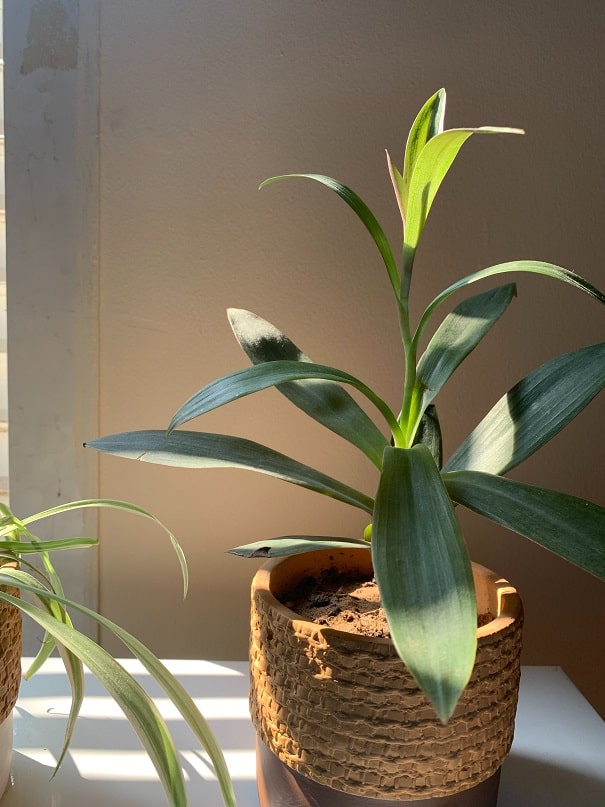
Using common household items
Items like garlic, chili, soap, or vinegar can be used to create homemade insecticides. These common household items have properties that deter pests effectively.
Recipes and steps to create your own insecticide
-
Garlic insecticide: Blend two bulbs of garlic with a little water, and strain. Then add enough water to make one gallon of the mixture and apply it on the affected plants.
-
Chili bug spray: Blend a handful of chili peppers and a cup of water till it forms a puree. Add this to a gallon of water and a few drops of soap. Strain and spray on plants.
Effectiveness of DIY solutions
While DIY insecticides might not be as powerful as store-bought ones, they can effectively deter common pests. They are a great cost-effective and eco-friendly option for minor infestations.
Applying Insecticides to Houseplants
Learning what is the best insecticide for houseplants correctly is critical for them to work effectively.
Best time & frequency to apply insecticides
The best time to apply insecticides is in the early morning or evening when the sun is less intense. Frequency will depend on the severity of infestation and the insecticide used – always follow the manufacturer’s instructions.
Application methods to ensure maximum effectiveness
Prior to applying an insecticide, ensure the plant is well-watered. Apply evenly and thoroughly on all plant parts, especially the undersides of the leaves where pests often reside.
Damage control if overdose
Overdose can lead to leaf burn, wilting, and other detrimental effects. If this happens, stop the insecticide use instantly, rinse the plant with water, and provide supportive care.
Safety Considerations When Using Insecticides
Prudent use of insecticides is key to protecting not just your plant’s life but yours as well.
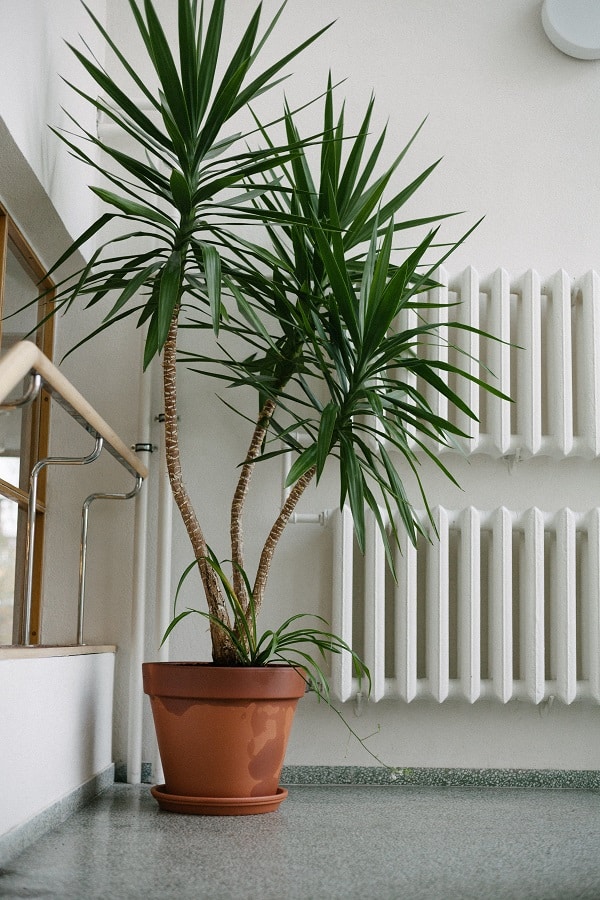
Health implications for humans and pets
Insecticides, especially chemical ones, can cause health issues such as skin irritation, respiratory problems, or even more serious health conditions, particularly for pets and children.
Proper storage of insecticides
Always store insecticides out of reach from children and pets. Ensure the products are sealed tightly and stored in a cool, dry place away from food.
Disposal of used insecticides
Proper disposal of used insecticides is essential to prevent harm to humans, pets, and the environment. Typically, insecticides should be disposed at your local hazardous waste facility.
Insecticide Effectiveness on Various Types of Houseplants
Not all houseplants react the same to various types of insecticides.
How plant species can affect insecticide effectiveness
Certain plants may be more susceptible to insecticide damage, others may be able to tolerate higher doses. Moreover, some insects may be specific to certain types of plants.
Choosing the right insecticide for your plant type
Choose the right insecticide considering your plant type, the type of insect infestation. Always conduct a patch test, waiting 24 to 48 hours to check for any adverse reaction before applying it to the entire plant.
Specific examples of insecticide-plant interactions
For instance, Neem oil is great for succulents but can harm ferns. So it’s always important to research and understand the implications of each insecticide on your specific plant type.

Maintenance and Care Post Insecticide Application
Post-insecticide care of your houseplants is as important as the treatment itself. It surely helps to understand what is the best insecticide for houseplants.
Post-treatment care for houseplants
Monitor your plants closely post-insecticide application. Keep them well-watered but not waterlogged, and maintain a regular nutrient feeding routine.
Observing the effects of the treatment
Take note of any changes – coloured foliage, leaf drop, or growth rate. These can give you a clear picture of how well your plant is responding to the treatment.
Monitor for potential re-infestation
Regularly inspect your plants for signs of return infestation to ensure quick action at the first sign of trouble.
Cost Analysis of Insecticides
The cost of keeping your beloved houseplants pest-free can vary greatly, depending on the route you choose to control the pests.
Price range of popular brands and types of insecticides
Top-rated insecticides can range anywhere from around $10 to $50, depending on the brand and type. Natural and organic options may be slightly higher in price due to their eco-friendly nature.
DIY insecticide expenses
DIY insecticides are a cost-effective option, especially since many are made from readily available household items. Additionally, making them in bulk can save you even more in the long run.
Cost-effectiveness of different insecticides
Overall, deciding on the most cost-effective insecticide relies on your specific needs – severity of the infestation, type of plant, and even your personal preference towards eco-friendly solutions can all play a part.
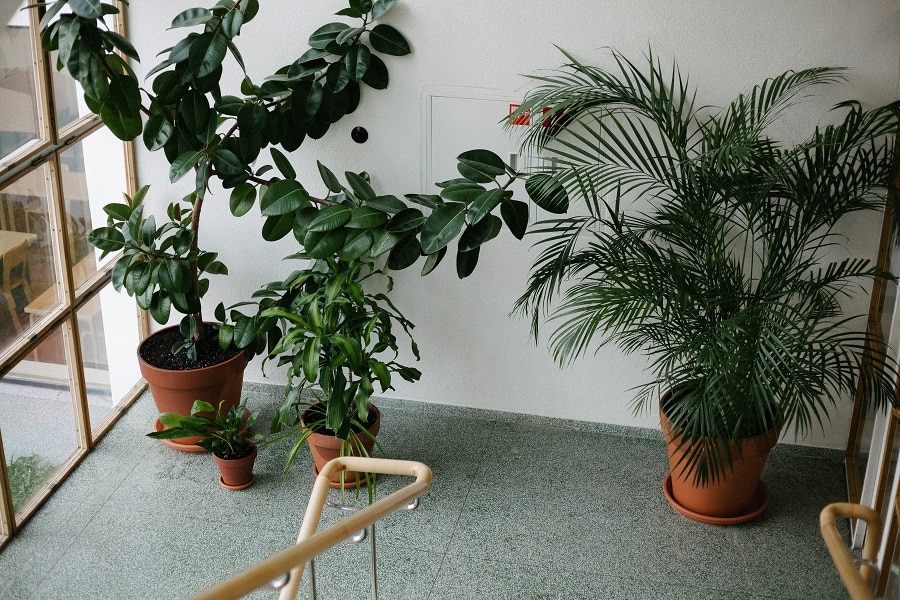
To conclude, the journey to keep your houseplants healthy and pest-free doesn’t have to be overwhelming. With the knowledge to interpret early signs of infestation, understanding of various insecticides, and their safe usage, you can prevent and manage pests efficiently, keeping your leafy companions prosperous.



